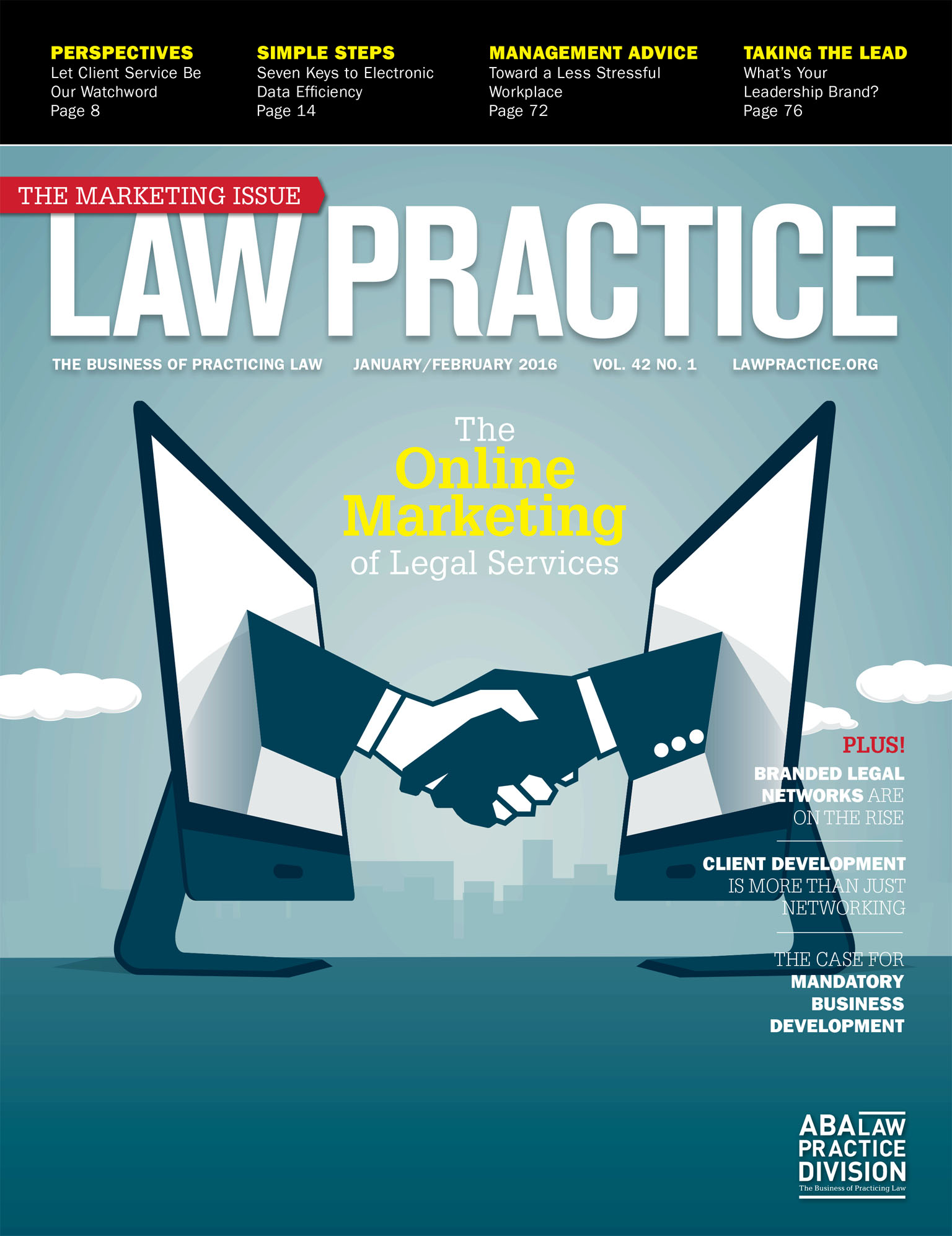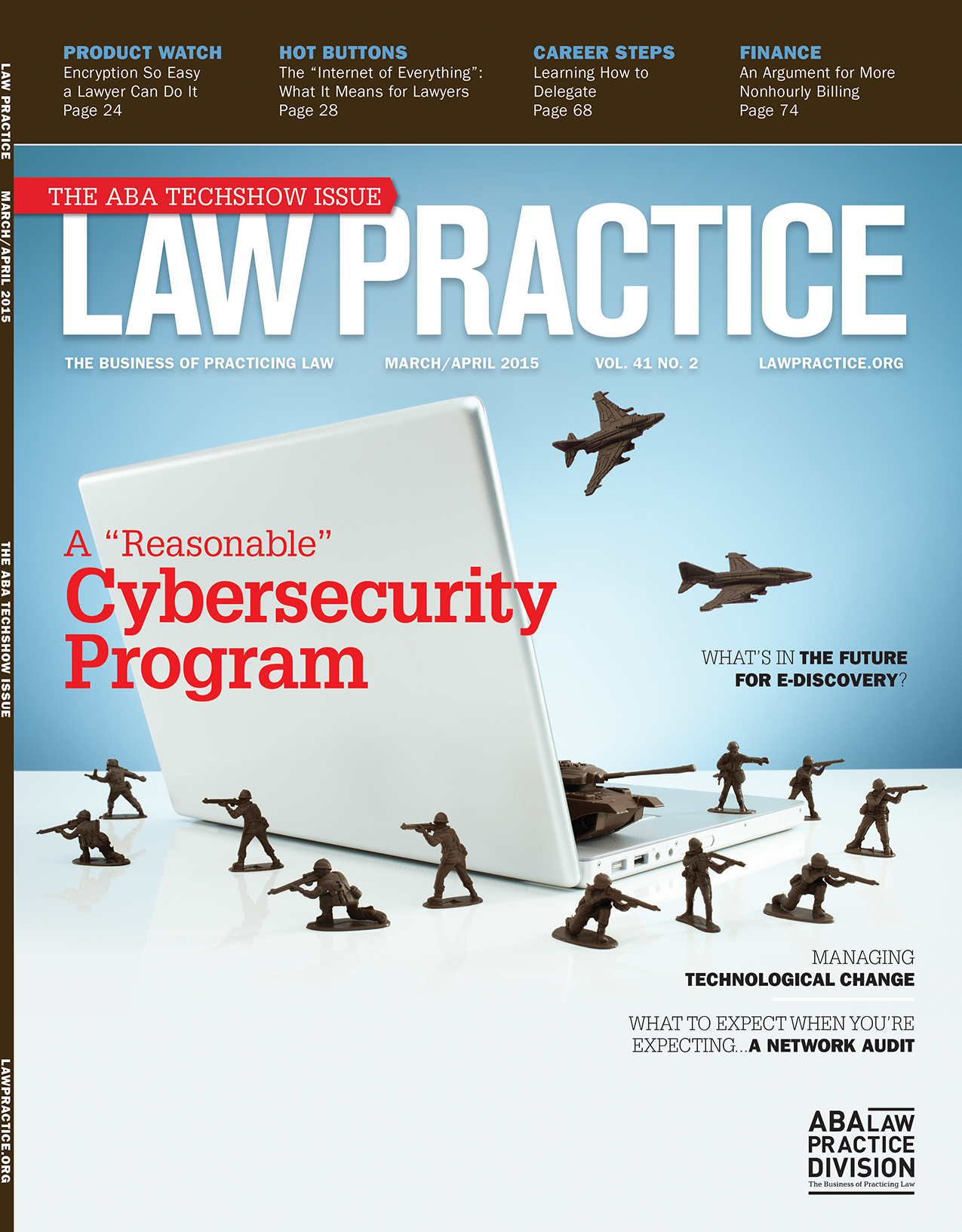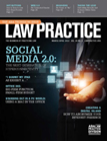Does AVVO sale to Internet Brands end the disruption cycle?

Online legal referral and attorney rating service
For some attorneys—even 40+ years after Bates v. Arizona—marketing itself is a disruption. But when AVVO, the online legal referral and attorney rating service, came along in 2006, it created some of the more significant disruptions to the legal marketing industry. With the company being acquired by Internet Brands last week, the question is whether the business will remain cutting edge?
Of course, as is usually the case, the company touts that things will remain the same and be “business as usual” under new ownership. But that is rarely the case. I would argue that Martindale, Nolo and Total Attorneys—all businesses acquired by Internet Brands (makers of such sites as WebMD, Fodor’s Travel and MySummerCamps) no longer have the same impact they did before being acquired. When Findlaw was acquired by Thomson in 2001, it basically ceased being Findlaw (after the typical “business as usual” period of time). If you want to see the original premise of Findlaw today, you go to Justia. Martindale-Hubbell, founded in 1868 by attorney James Martindale (talk about being ahead of the curve on marketing! I always thought Greg Siskind was first with everything), was what most law firms considered the one piece of business development they would pay for. And pay for they did for over 100 years until the Internet killed the golden goose. When I first started visiting law firms to discuss marketing in 1996, I was often sent to see the librarian—because she updated the Martindale listings—that (plus perhaps the holiday card) was the extent of “marketing.”
 Marketing Attorney Blog
Marketing Attorney Blog





